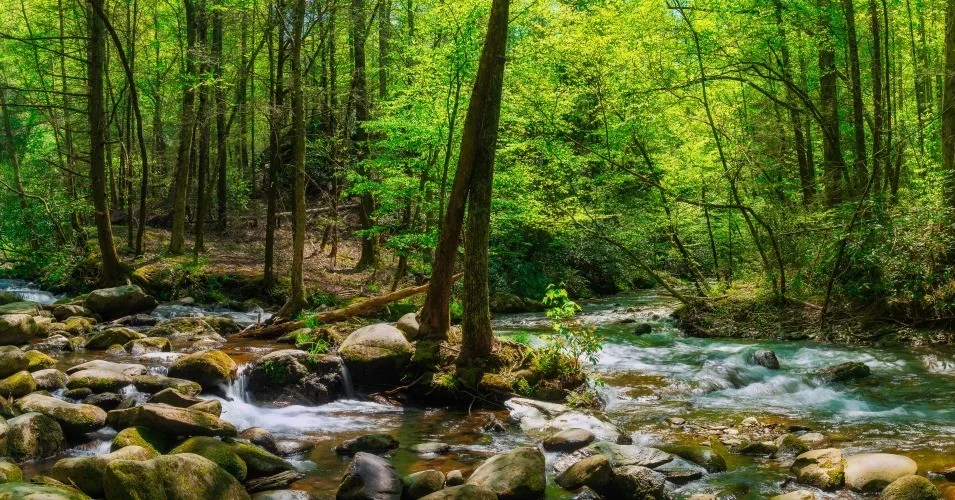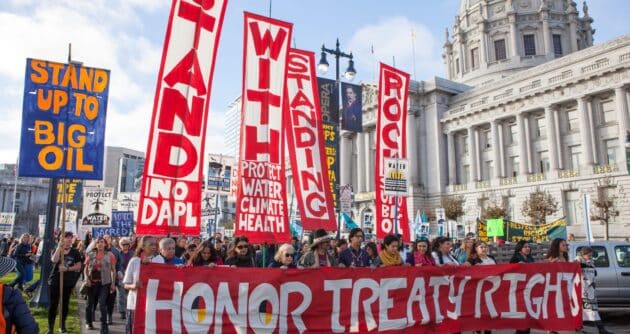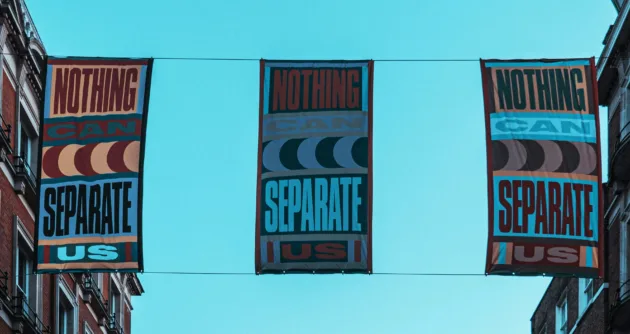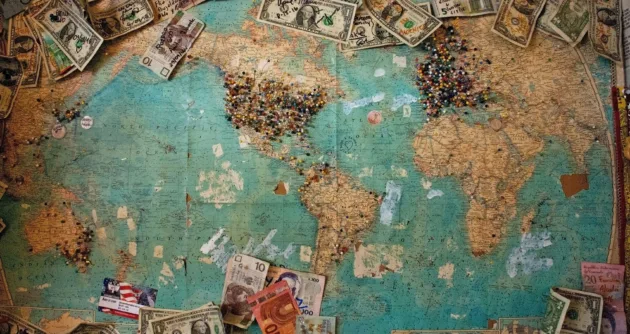Written by Ben Price, CELDF Education Director and Terry Lodge, CELDF Legal Director
CELDF Response to “Can granting legal ‘personhood’ to nature stem biodiversity loss?” by Viktoria Kahui
On April 25th of 2024, The Conversation published “Can granting legal ‘personhood’ to nature stem biodiversity loss?” by Viktoria Kahui of the University of Otago. It was reprinted by GreenPeace on April 26th. Spoiler alert: Kahul’s article concludes legal personhood for nature cannot “stem” biodiversity loss, and we agree. But not at all for the same reasons.
We take exception to the article’s equating legal personhood of ecosystems with a rights of nature (RoN) framing. There are zero parallels. We understand how the author may have come to this misapprehension, given the frequency of environmental and journalistic imprecision on this point.
Neither The Conversation nor GreenPeace questioned the article’s conflation of ‘personhood’ as a fictional designation in law with the more fundamental, pre-existing, and unalienable rights of nature. Tellingly, corporate-backed opposition and official stalling over the adoption of real RoN legislation somehow didn’t occur to the authors as the true cause for the failure of attempts to challenge unjust legal precedent and to protect the natural environment through litigation and ballot initiatives, as well as adopting policy outlawing rights of nature in states like in Ohio, Utah, and Florida as a result of such attempts
A particularly sharp example of this unpardonable conflation of legal personhood and rights of nature appeared in multiple accounts of the changed legal status of the Whanganui River in New Zealand. For many years, the Māori people insisted the river and its watershed be assigned a special status commensurate with the reverence they hold for this sacred being. The Crown Government of New Zealand remained implacable to their entreaties, insisting the Commonwealth nation could not possibly relinquish sovereign power over Whanganui.
‘Personhood’ was the legal category settled upon. By ascribing personhood to the River, the Crown retained government supremacy over a particular river while seeming to confer entity status equal to that of corporations. The Whanganui acquired the power to sue, via human guardians representative of both Indigenous and colonial populations, but it also gained vulnerability to being sued, and the Crown retained an ultimate veto over the River’s assertion of rights.
Thus, while the River gained status as an independent entity to be reckoned with, for the first time, it was made liable for damage caused to human enterprises. The Whanganui could be enjoined from flourishing in the event human persons needed levees or to use aquacides to get rid of some species. A personified river that might overflow its banks could be targeted via countersuit to blunt claims brought by the Whanganui’s guardians to protect the River, or to assert leverage to structurally alter the River itself to mitigate harms to human enterprise.
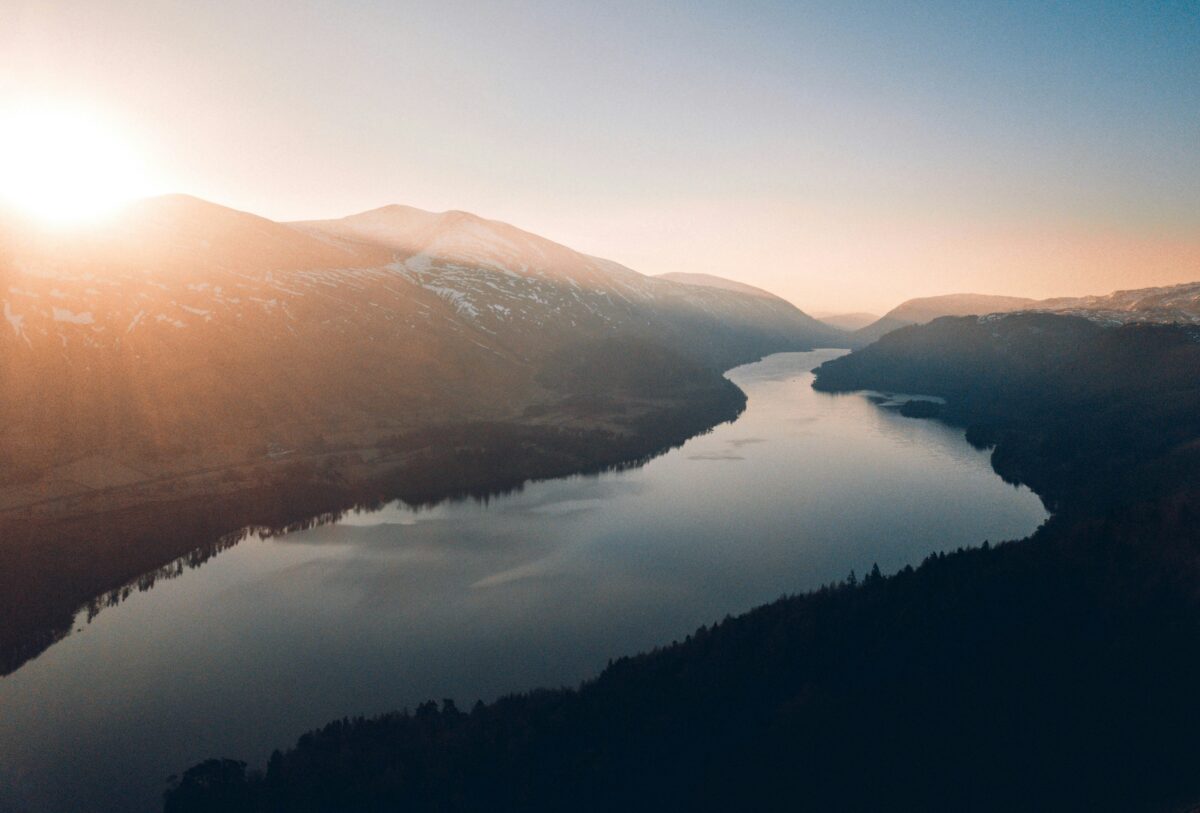
The prospect of liability introduced by the conferral of personhood status monetizes the relationship between humans and the rest of nature. By pulling the River in as just another player, personhood portends a synthetic relationship that skews court scrutiny in favor of commerce and profit; all becomes grounded in the law of property. Hence the River was monetized and subordinated to capital. This is nowhere near the exceptional status intended for the River by rights of nature advocates. Legal personhood does very little to provide genuine protection of the ecological integrity of a huge watershed on which so many species depend. It does not cure the flaws of the failed environmental regulatory system.
The difficulty is not that RoN laws are too vague to be enforced. The rights to exist, flourish, evolve naturally, and be restored when harmed have unambiguous meaning and need no quantification. The Whanganui’s rights, in other words, provide the benchmarks and standards. Existence, flourishing, natural evolution, and restoration all have readily ascertainable meanings and counsel primacy of and protection of the River. Contrary to the vagueness criticism, the Whanganui possesses defined legal rights for enforcement by guardians.
The question then becomes, what guardians? Who, after all, will speak for the River? We think the answer should be obvious. The humans living in permanent relationship with a natural ecosystem are living members of that natural community. It is Indigenous and non-Indigenous resident human members of ecosystems who have the capacity and the inherent legal standing to speak for and enforce RoN as members of the local environment.
Instead of well-defined rights limited to what legal precedent can tolerate, in the future the Whanganui must be recognized as a being whose rights supersede: legalistic personification, property claims against it, sovereign dominion over it, and best practices for polluting industries. Its protection requires that the Whanganui be perceived, not as subject to human law, but that human law be located in the context of nature. This is the urgently needed alternative to anthropocentric policies like legal personhood and natural asset formulae that are designed to serve commerce while they fail the natural world.
Kahul takes pains to point out that RoN laws have been overturned primarily because the rights asserted for ecosystems have been non-quantifiable and thus legally vague in terms of enforcement through legal liability. But the fundamental rights of human beings, and those assigned to corporations, such as the right to free speech, demonstrate that legal rights are enumerated in very general terms. That they should be made specific in the case of nature for the convenience of litigants suggests a continuing anthropocentric bias that values quantified and therefore monetized relationships between people and nature.
This would be appropriate only by maintaining that human beings are external to nature instead of organic, co-participants in the natural world.
If we reject the underlying premise that nature is property to be managed within human legal frameworks, then human oversight of nature through legal fictions like personhood is by definition unnatural. Since human law currently recognizes only one legal status for nature — as property — adding a gloss of narrowly defined legal rights to that status would, at best, make nature no more than a favored slave.
Notably, Ecuador’s legal system sees nature not as a legal person but as an entity with a collection of broadly stated inherent rights. Ecuadorian courts have been issuing rulings that avoid the pitfalls that personhood presents while demonstrating that rulings in favor of nature aren’t suffering from vagueness of language.

Kahul’s conclusion is that biodiversity can only be protected through the same kind of administrative bureaucracy as the one that has regulated its destruction over the past half-century. But such mere revisions of the Public Trust Doctrine cannot succeed. Trusting government, with its anthropocentric politics, to engage in faithful stewardship of nature builds failure into the system. Concessions to colonial and imperial subjugation of natural communities – composed as they are of humans in inherent relationship within nature – allow the conceit of the Public Trust Doctrine to be substituted for rights inherently residing within an ecosystem.
By commodifying nature and dragging it into our legal frameworks, we subject it to the less-than-tender mercies of empire, which imposes universal monetization, privatization, and merely transactional social intercourse. These weapons of materialism do not respect rights inherent in nature – or humans – but instead, tether nature to the processes of its destruction. Unless there is a complete departure from legal precedent and adoption of exceptional and reverential status for natural communities that include human and other-than-human members, biodiversity will not survive, and neither will we.
What if, instead of shoehorning the whole of creation into human-made and commerce-friendly legal definitions, we take as real that which presents itself to us in the real world? What if the natural persons living as full-time residents of a local ecosystem become rightly identified as members of a natural community that includes the non-human environment as constituents of the community? Such an identity would attribute unassailable legal standing to the human part of the community. Indigenous or not, those members of every local ecosystem would have natural standing to speak on behalf of their unalienable rights.
Legally recognizing local human communities as constituent parts of ecosystems can initiate other non-legalistic shifts in our cultural worldview. Such changes have the potential to transform society, empower communities to make self-determinative decisions and reconstitute healthy intrinsic relationships between people and their environments in ways that western culture obliterates through colonial expansion and resource colonization.
Reunification of people with nature recommends an organic answer to the question of who should have legitimate authority to assert rights for the natural community. The call to erect new limited liability agencies to do the job with predictable insincerity promises more of what we’ve already seen. The rights of humans and of the other-than-human natural community would be vindicated. Perpetuation of the injustices bestowed by conquest, empire, the enclosures, privatization, and servitude could be overcome.
Why aren’t these options championed? Rights of Nature keeps running into attempts to quantify, valuate, and narrow down the scope of the rights recognized so that they don’t interfere with commercial priorities. Dancing around this fact and calling for narrowly defined rights and a legal status that creates legal liabilities for ecosystems indicate deep resistance to changing anything. Rights of nature encompasses human rights because humans are part of nature. Narrowing the scope of those rights to protect the privileged status of some continues the historic role of law in serving injustice.
